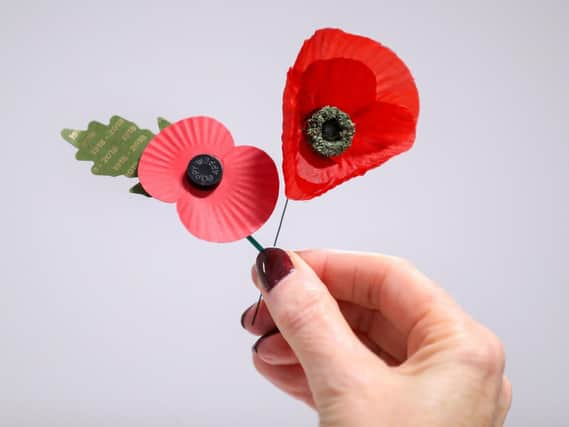Remembrance Day 2019: Why do we have two-minute silence - and where does it come from?


In homes and at Remembrance services across the country, the nation will fall silent for two minutes.
Here’s what you need to know about the silence:
Why do we have a two-minute silence on Remembrance Day?
The country will fall silent for two minutes as a mark of respect to remember the soldiers who have fallen in the First World War, as well as all other conflicts.
Where does the two-minute silence come from?
Advertisement
Hide AdAdvertisement
Hide AdThe Remembrance Day silence originates in Cape Town, South Africa.
There was a daily three-minute silence, initiated by the then Cape Town Mayor, Sir Harry Hands, on May 14 1918, after he received news his son had died in the First World War.
The Last Post would be played to start the silence and then Reveille to signal the end of the silence – trams and taxis stopped, pedestrians stopped and men would bow their heads.
Sir Percy Fitzpatrick, writing to Lord Milner in November 1919, described the silence that fell on the city during this daily ritual, and proposed that this become an official part of the annual service on Armistice Day.
Advertisement
Hide AdAdvertisement
Hide AdThe first two-minute silence was held on the first anniversary of the Armistice on November 11, 1919.
When is the two-minute silence?
The two-minute silence is always on Remembrance Day – which is Monday November 11.
And the country will fall silent for 120 seconds at the 11th hour, on the 11th day of the 11th month to mark the moment the armistice began.
The silence will be observed at services around our area and the country, as well as in homes and on the streets of Britain.
The Last Post will also be played to start the silence at Remembrance Day services.
